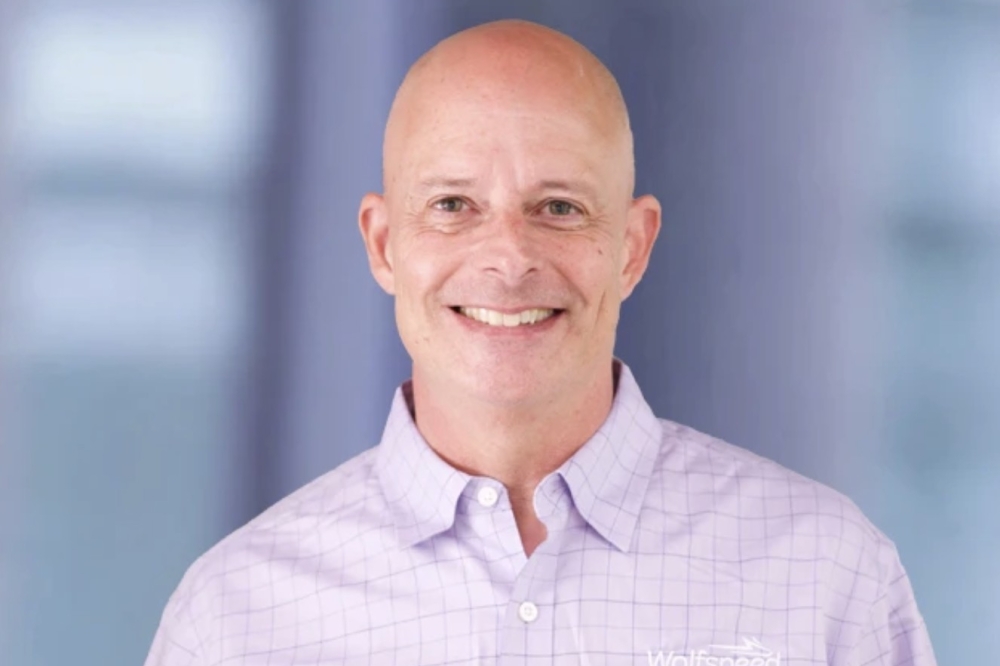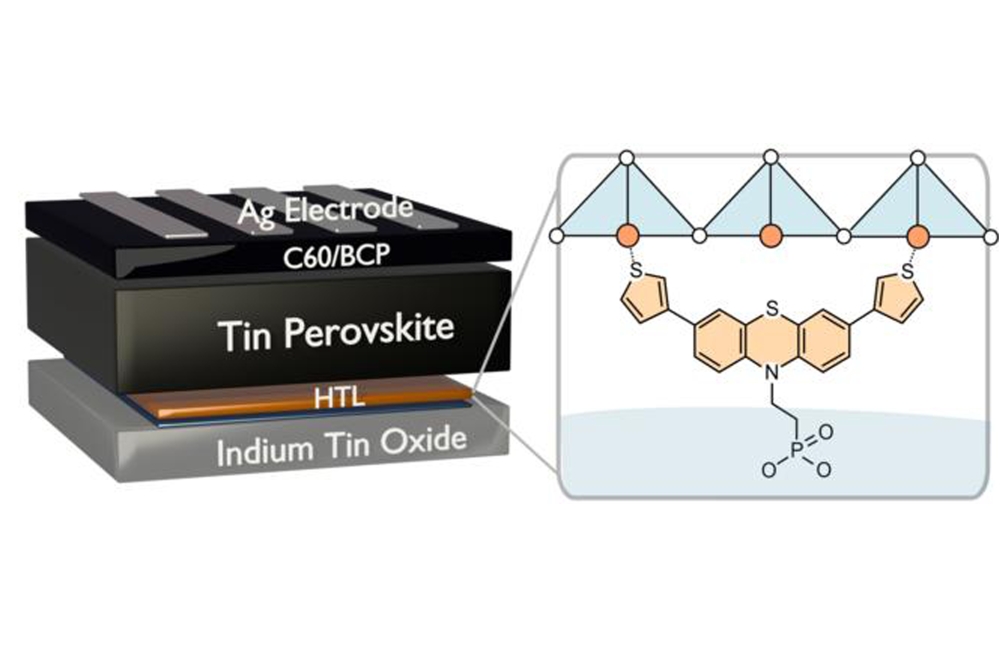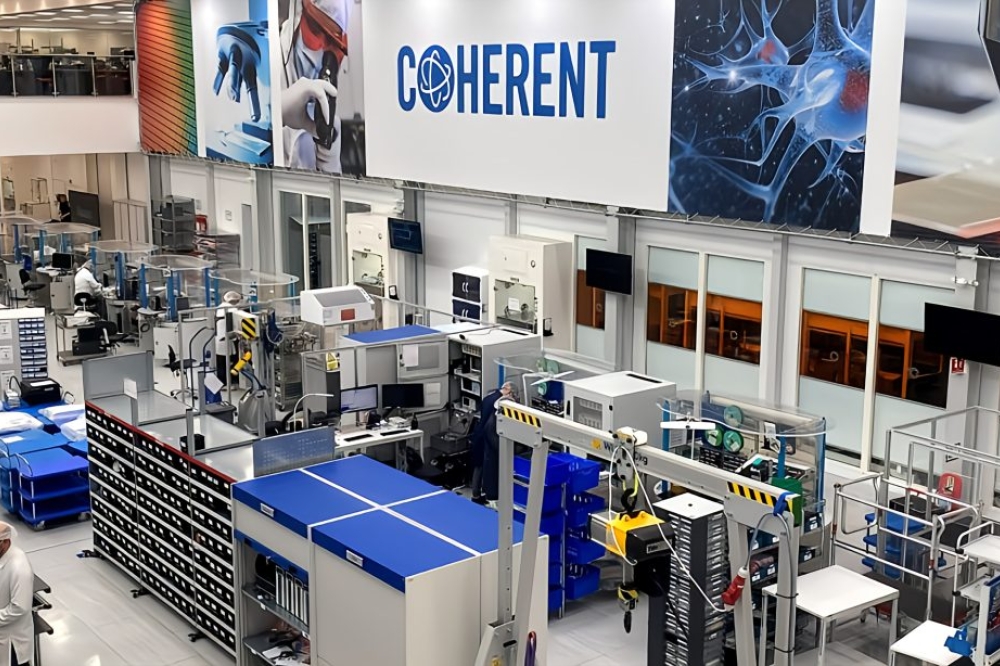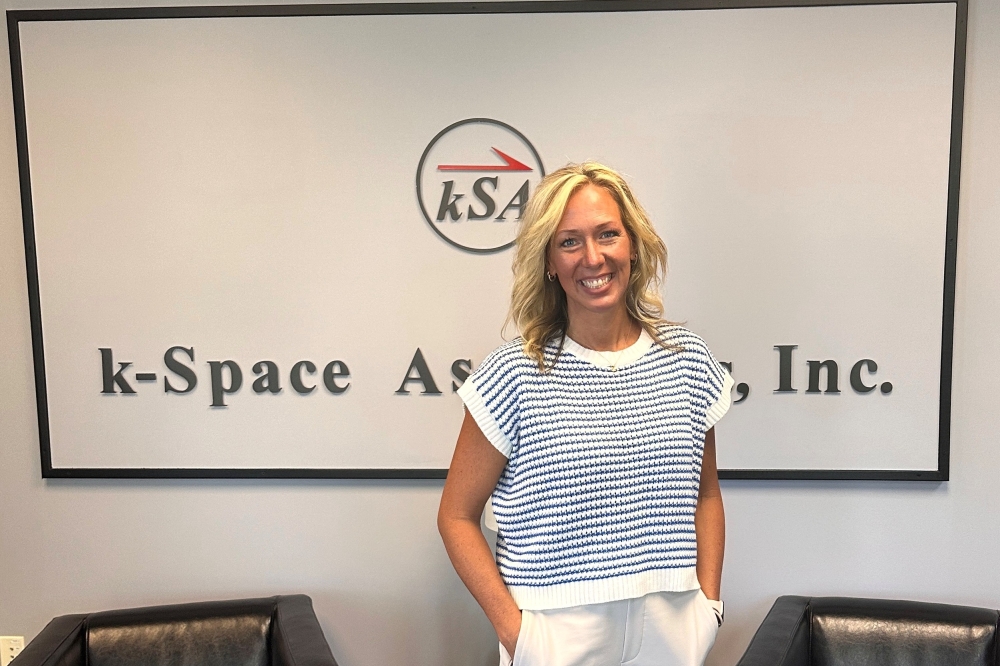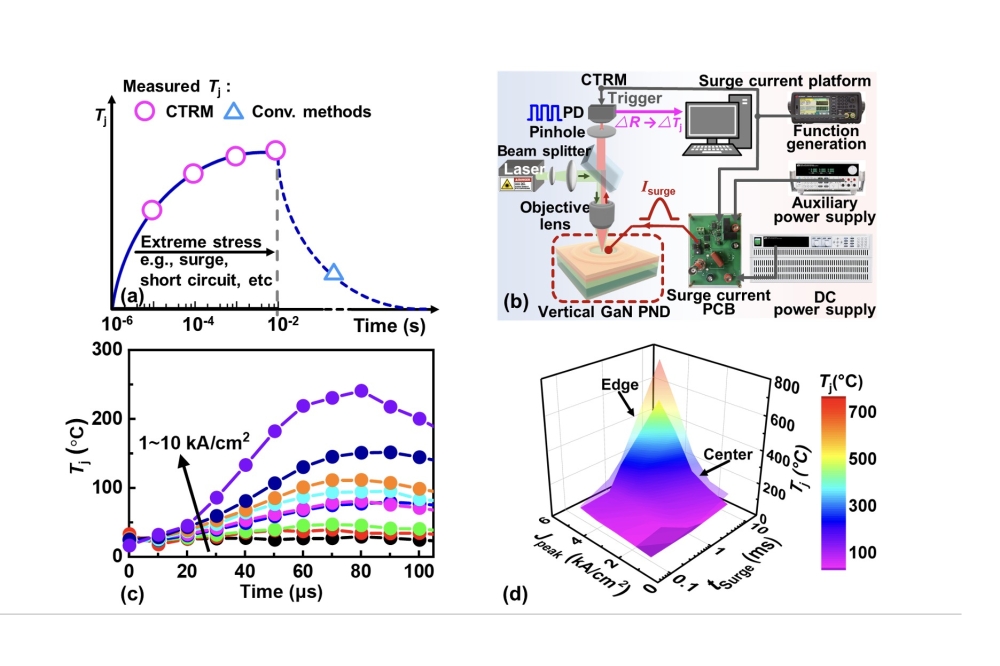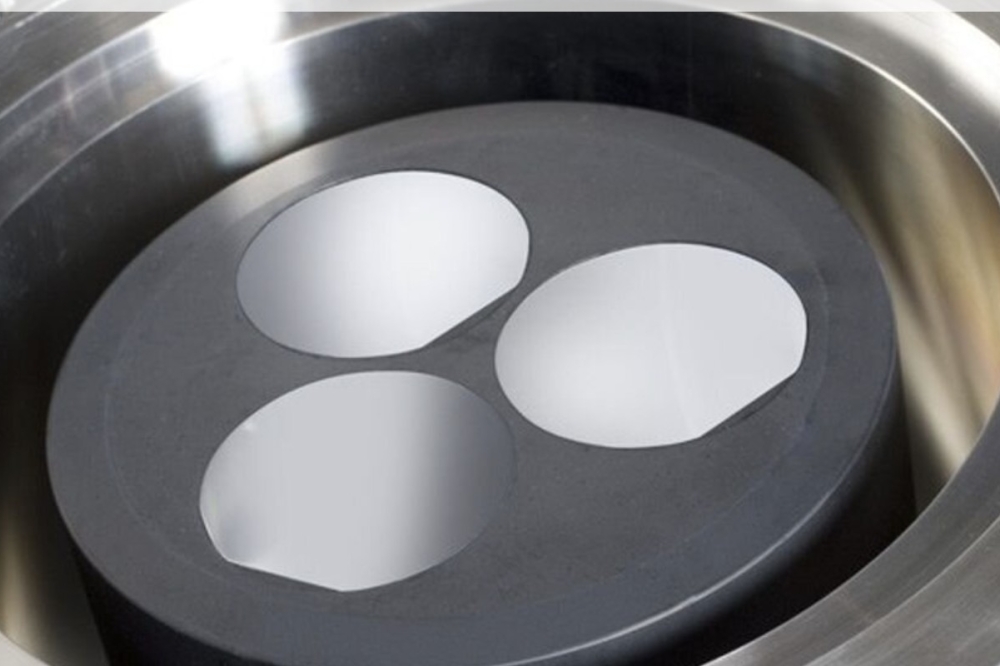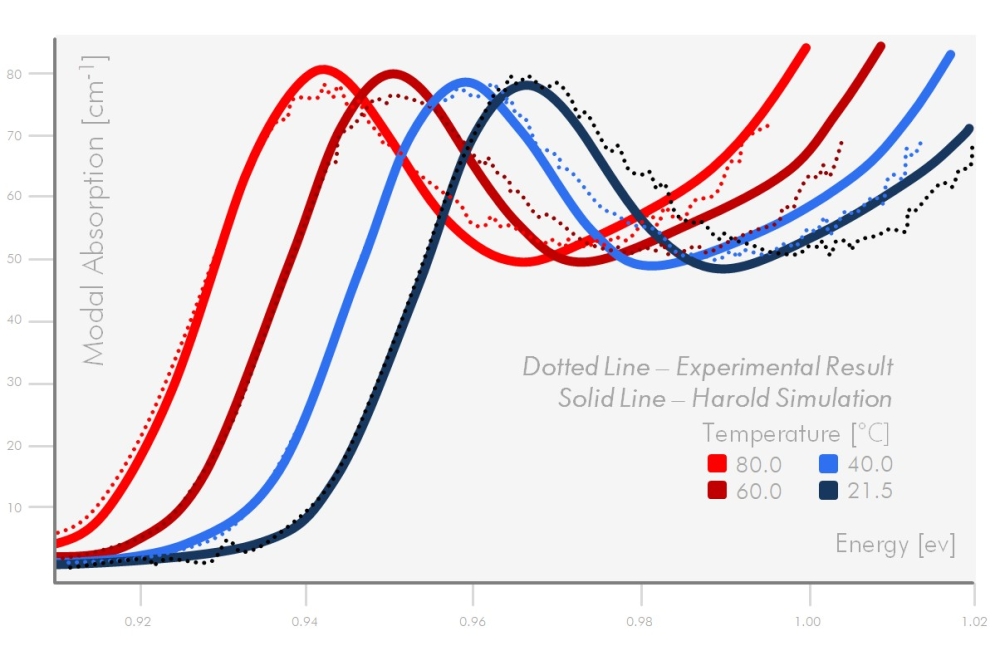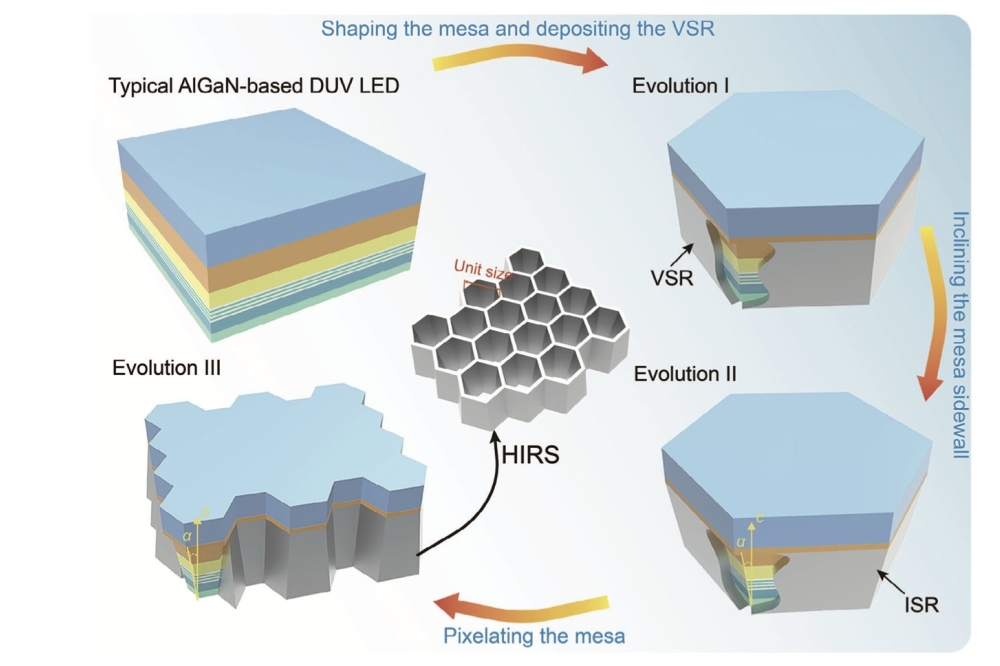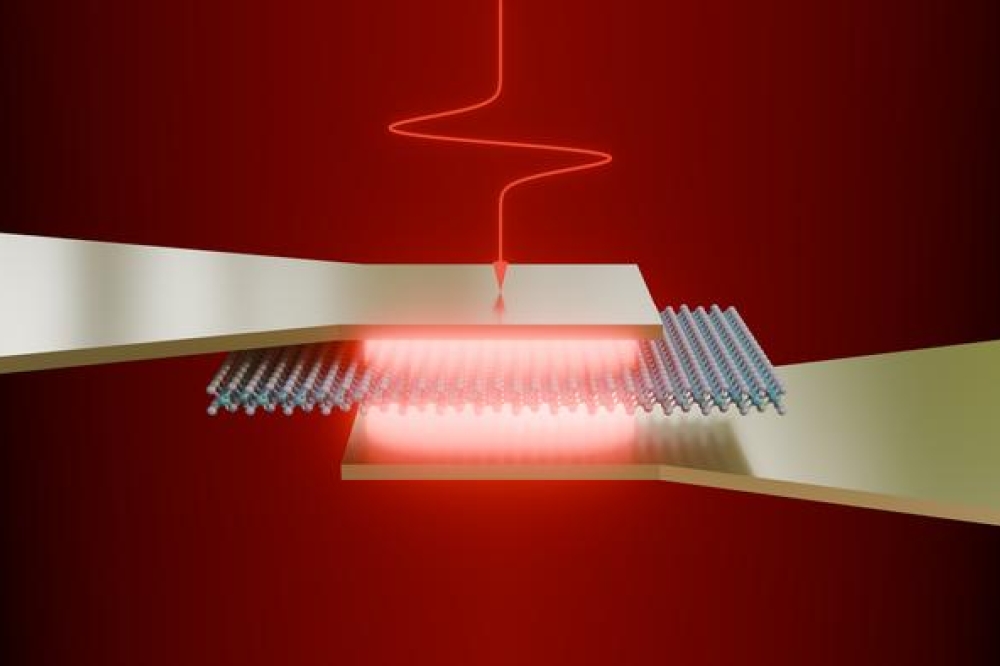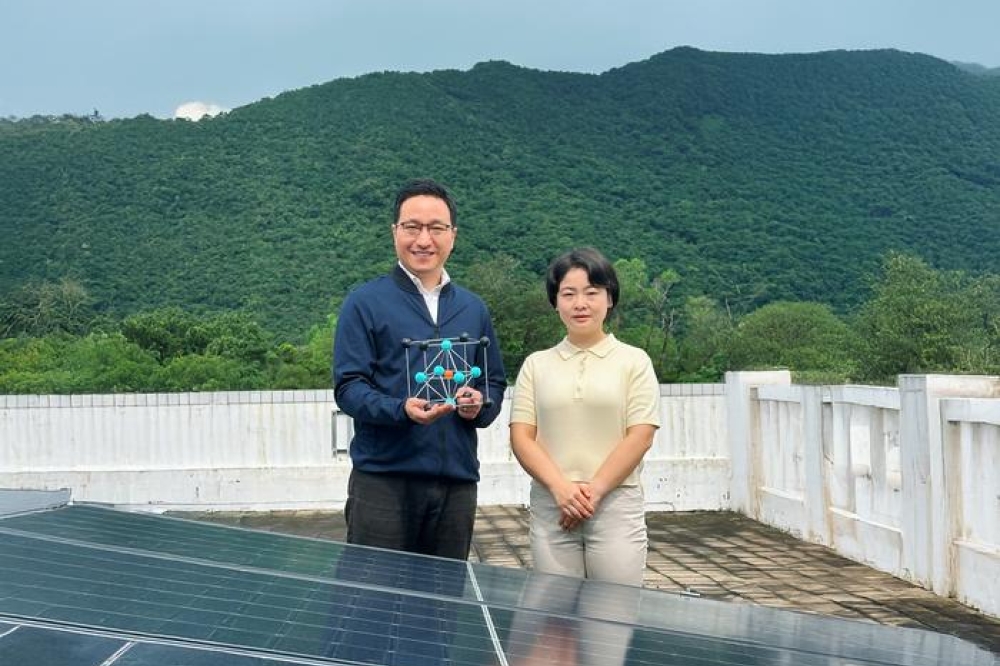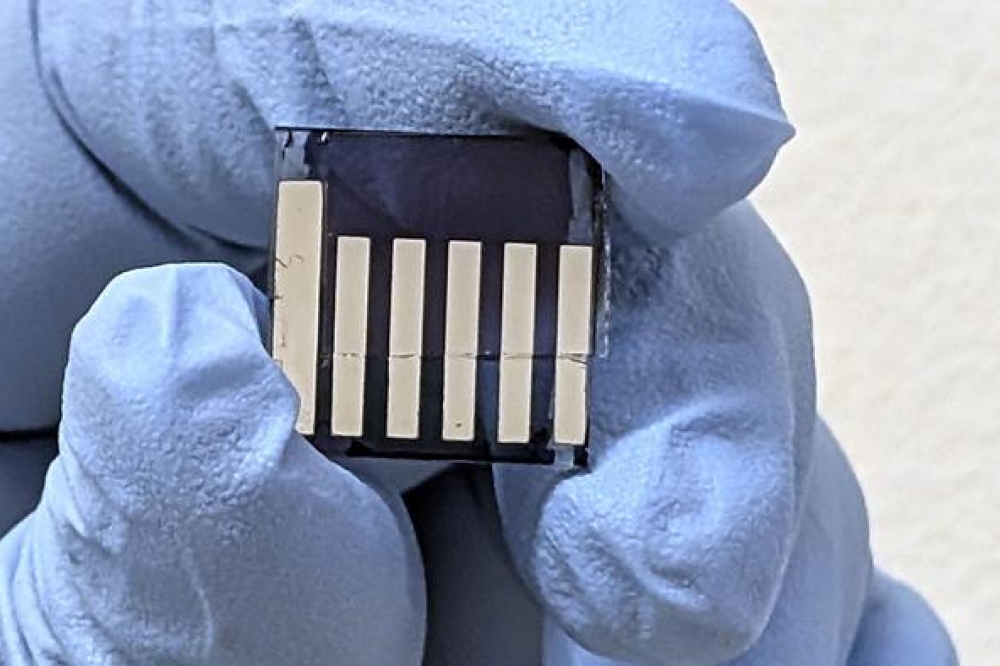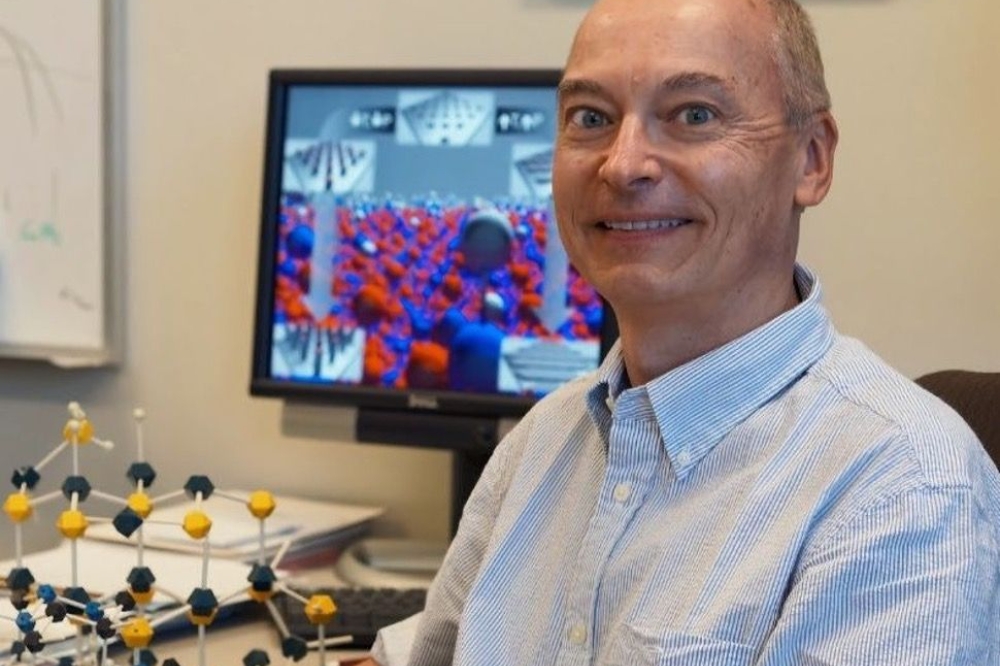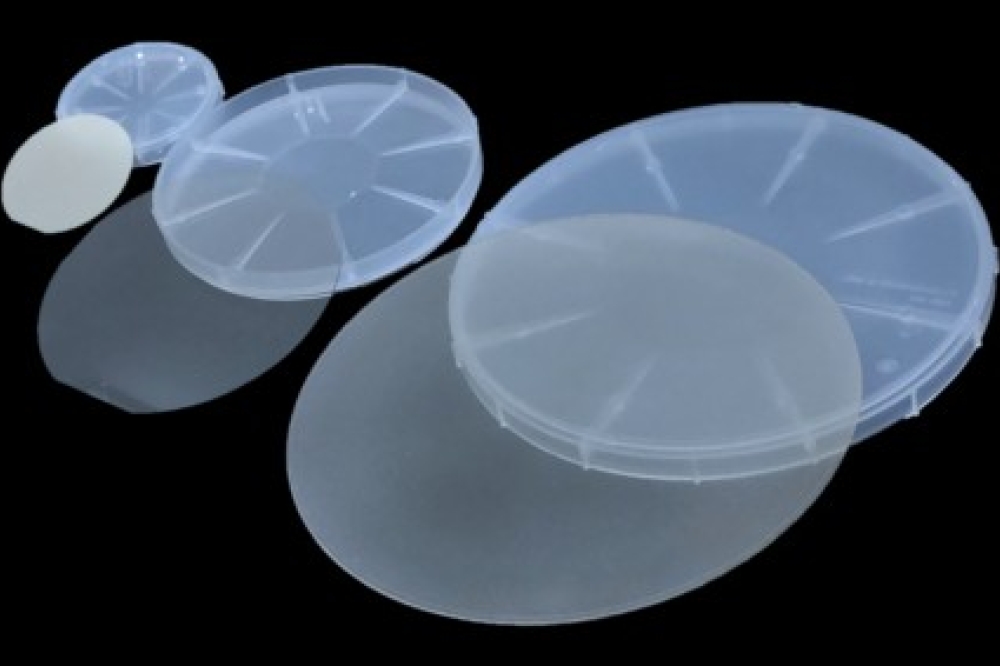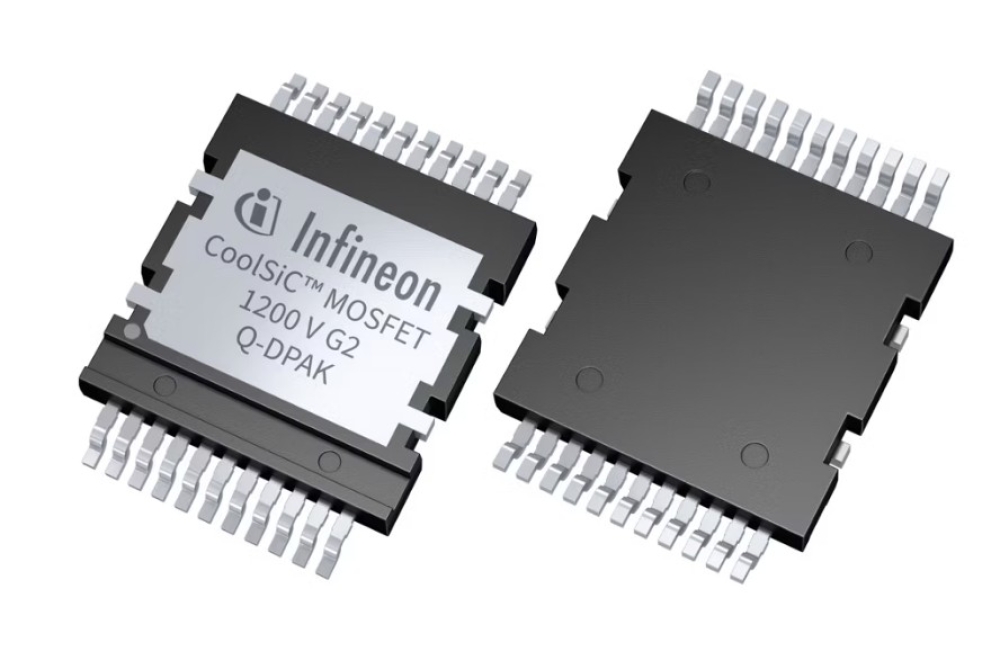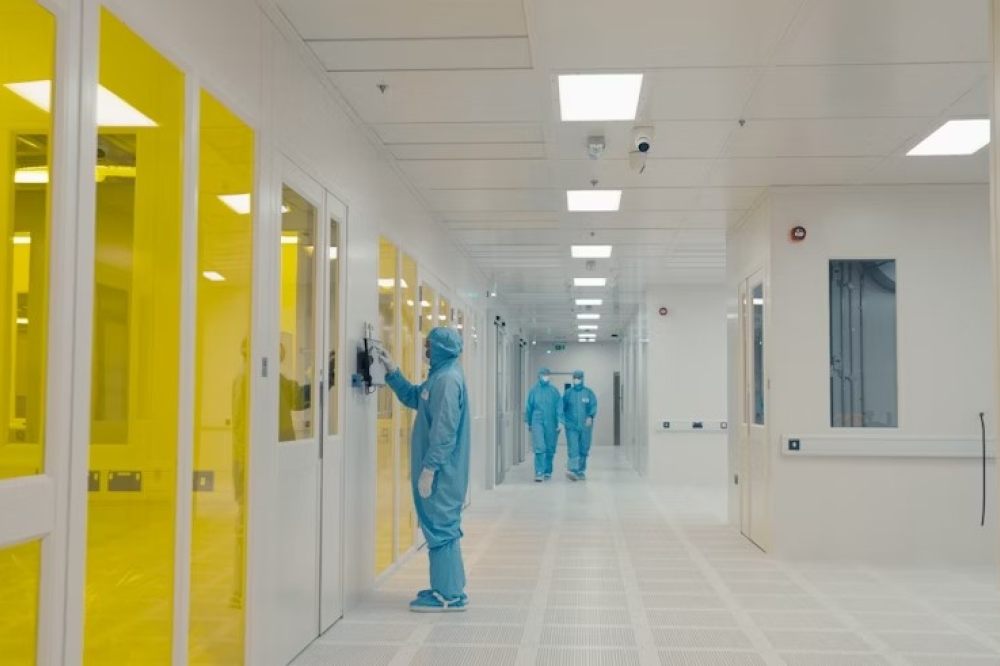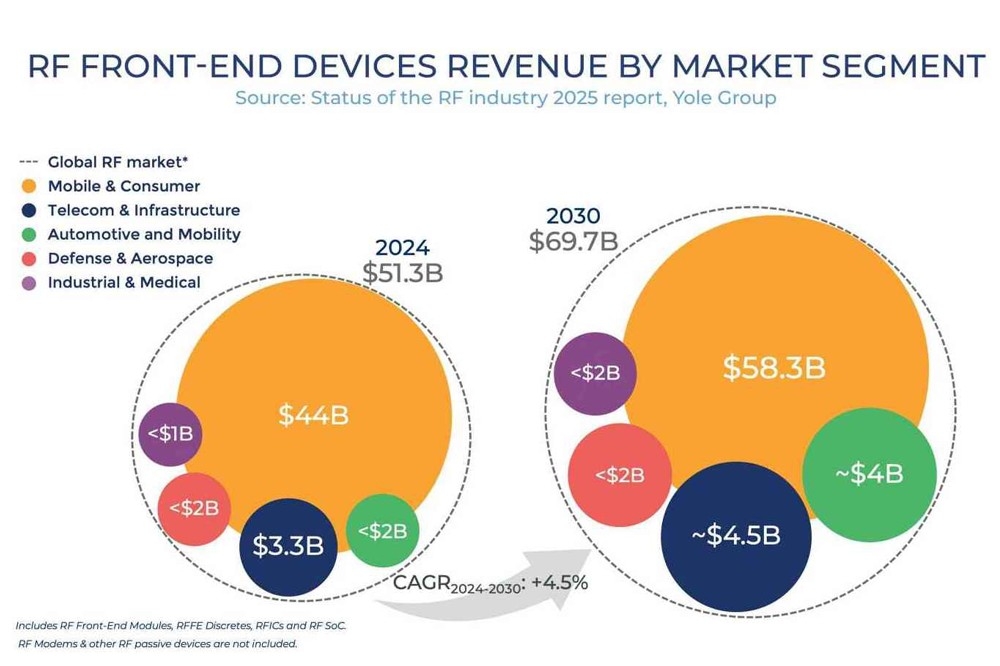Overhauling engineering education

To ensure the future of compound semiconductor innovation, a new approach is needed to engineering education and talent development.
BY RODNEY PELZEL FROM IQE
Much has been written about compound semiconductor innovation and the vital role it plays in shaping the devices that underpin modern life. However, there is little substantive information on the most critical component of this innovation – technical people who are also adept at critical thinking. Few would deny that the single most important factor for successful innovation is maintaining a world-class talent pipeline that fosters teamwork while supporting diversity, equity and inclusion.
During my career in compound semiconductor technology, which spans more than 20 years, I have been responsible for hiring and managing all levels of operational and technical staff, from operators to Ph.D. engineers and scientists. This experience has imparted within me a universal truth that may surprise you – it’s not possible to rely upon a person’s educational background to predict their technical proficiency and their effectiveness. These findings have led me to conclude that the problem does not lie with any individual, but is deeply rooted in the way we train our technical workforce. And the solution? Without doubt, it has to be a radical overhaul of our education system.
All this may sound rather strange, given the success I’ve enjoyed from following the ‘traditional’ educational path. I hold a B.S. and Ph.D. (both in chemical engineering) from established, reasonably prestigious universities, a foundation that has served me well in steadily progressing my career as a technologist.
Throughout this time, I have been passionate about progressing technology. Advances on this front depend on people equipped with the right skills, a requirement that can only be ensured through change. So that I avoid any confusion, let me state my position in simple terms: the educational system is too formulaic, and it fails to foster the type of innovative mindset that’s required to make a person a top-notch technical thinker. The unfortunate reality is that we are not teaching students how to become effective problem-solvers, or how to think about open-ended situations.
To truly break the above-noted paradigm requires a complete change in how we educate future generations, with a shift in focus from strictly linear to lateral thinking.
Note, though, that I’m not saying that there is no place for fundamental science and engineering education. In fact, the opposite is true. My point is that by teaching fundamentals in isolation, students fail to gain the required proficiency to use information in real-world situations. This is an issue for all levels of education, from school through to Ph.D. programmes. What’s needed is an overhaul in how we teach the fundamentals. The downside of the current approach is that people are leaving formal education ill-prepared to make a true impact in innovation.
Fixing this will require a significant change in our technical education programmes. It is essential that they are revolutionised to incorporate close collaboration between industry and academia.
What I am envisioning is an extreme version of collaborative on-the-job training, with book-learning supporting real problem solving, rather than problem solving following book-learning.
Let me be clear that I am talking about more than internships, or short placements in industry. Rather, I am advocating a radical overhaul to the entire programme, with a shift in focus.
In an extreme scenario, a person might attend Company X University, who has partnered with an academic institution to provide the fundamentals. To be fair, pockets of such programmes already exist. However, they are far from the norm, with formal school education entrenched as the more prestigious/accepted credential.
Shifting the training of engineers along the lines I recommend would have a number of interesting ‘side effects’. One is fostering team-work, as the approach I am championing would demand this to ensure that a member of a team succeeds. Today, teamwork is neither required nor rewarded, and one can obtain an extremely prestigious degree without understanding how to effectively collaborate. Using my own Ph.D. education as a reference, I was rewarded for getting to the answer as quickly as possible on my own – and experience has shown that this is not unique to me.
Another side-effect of my proposal is that it would impact the designation of degrees, causing them to become more ‘general’. For example, students would work towards an engineering degree with a focus on semiconductors, rather than an electrical engineering degree. This shift would also alter what is meant by advanced degrees, such as the MS and Ph.D., and their level of applicability to a differently educated workforce.
One great benefit of what I’m suggesting is that it would lead to improvements in diversity, equity and inclusion. This would stem from lowering barriers to entry for the educational system. What’s more, it could accommodate those with a different background, or a different style of learning that does not fit well within the current system. Such students may even thrive and flourish in a system rewarding an ‘out of the box’ approach.
As we seek to push the frontiers of innovation, there is no doubt that we need a different type of technical workforce. Real innovation hinges on collaborative lateral thinking, and the ability to solve ill-defined, open-ended problems. To excel in this regard, there must be significant change in how the technical workforce is trained and educated.



